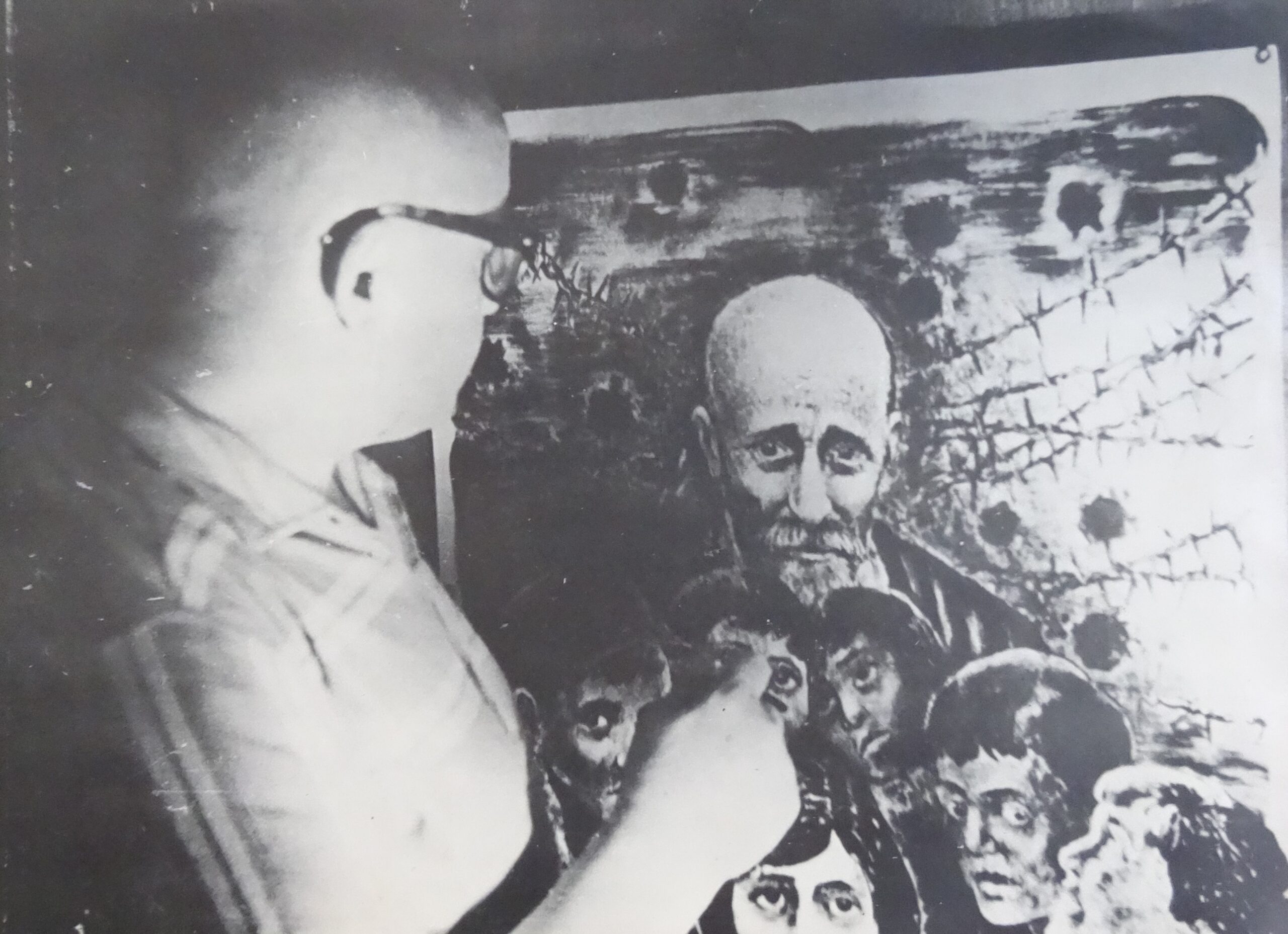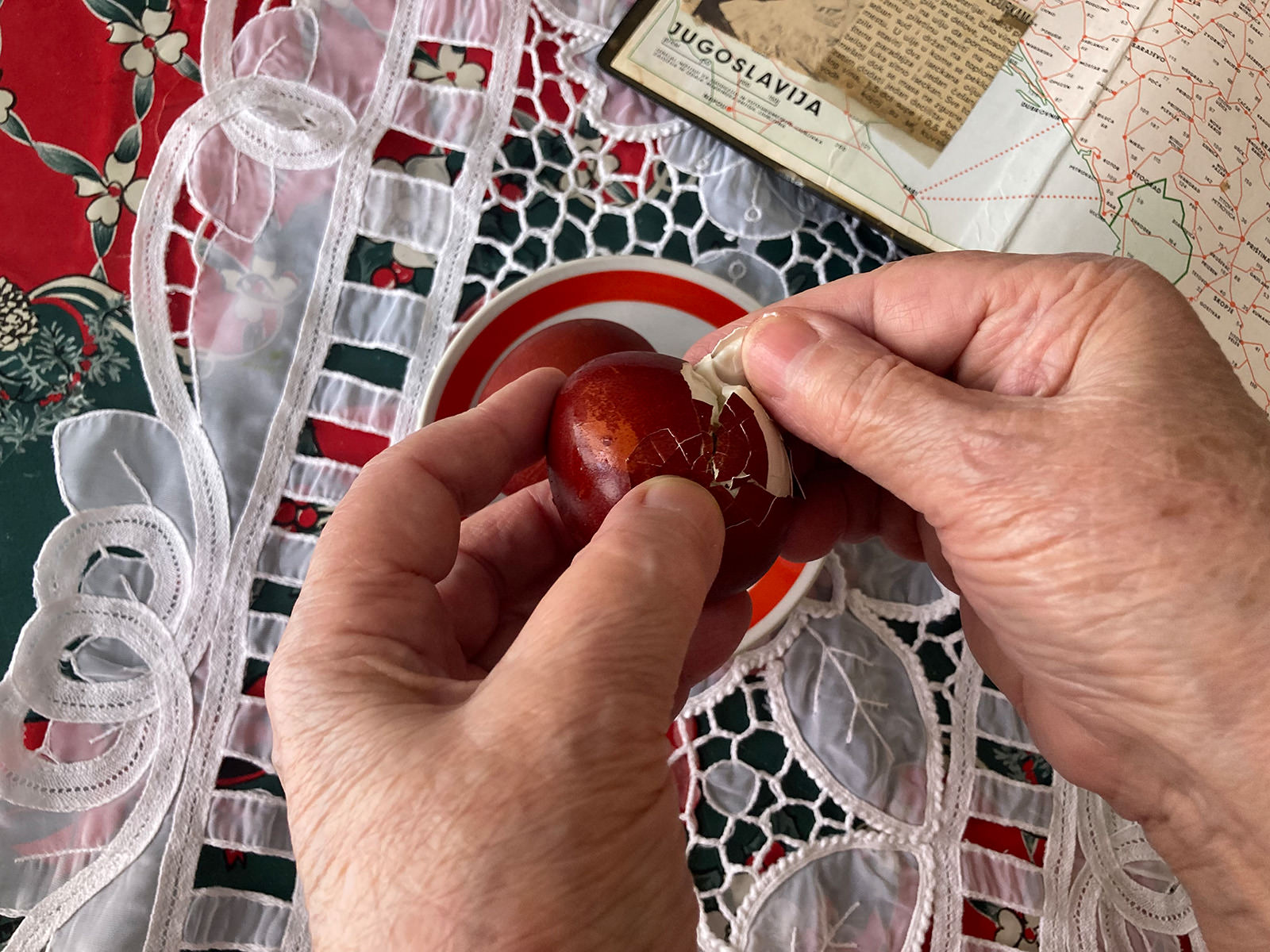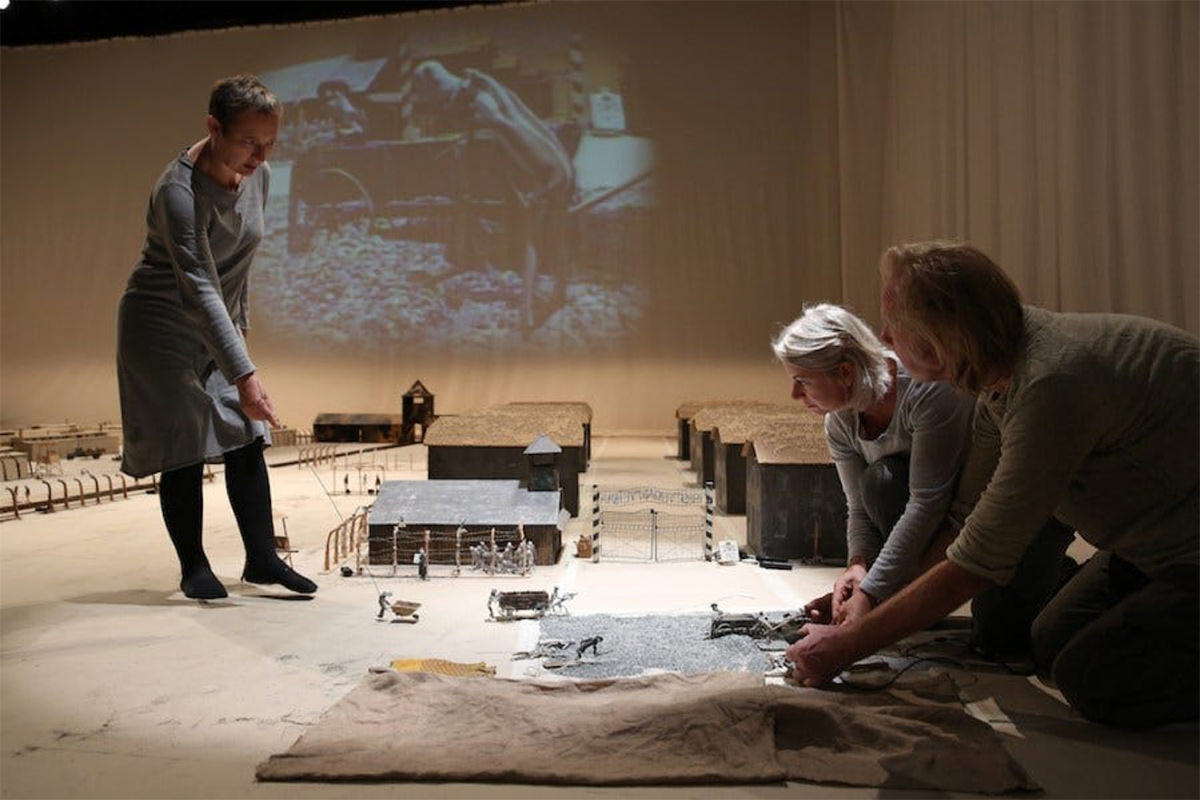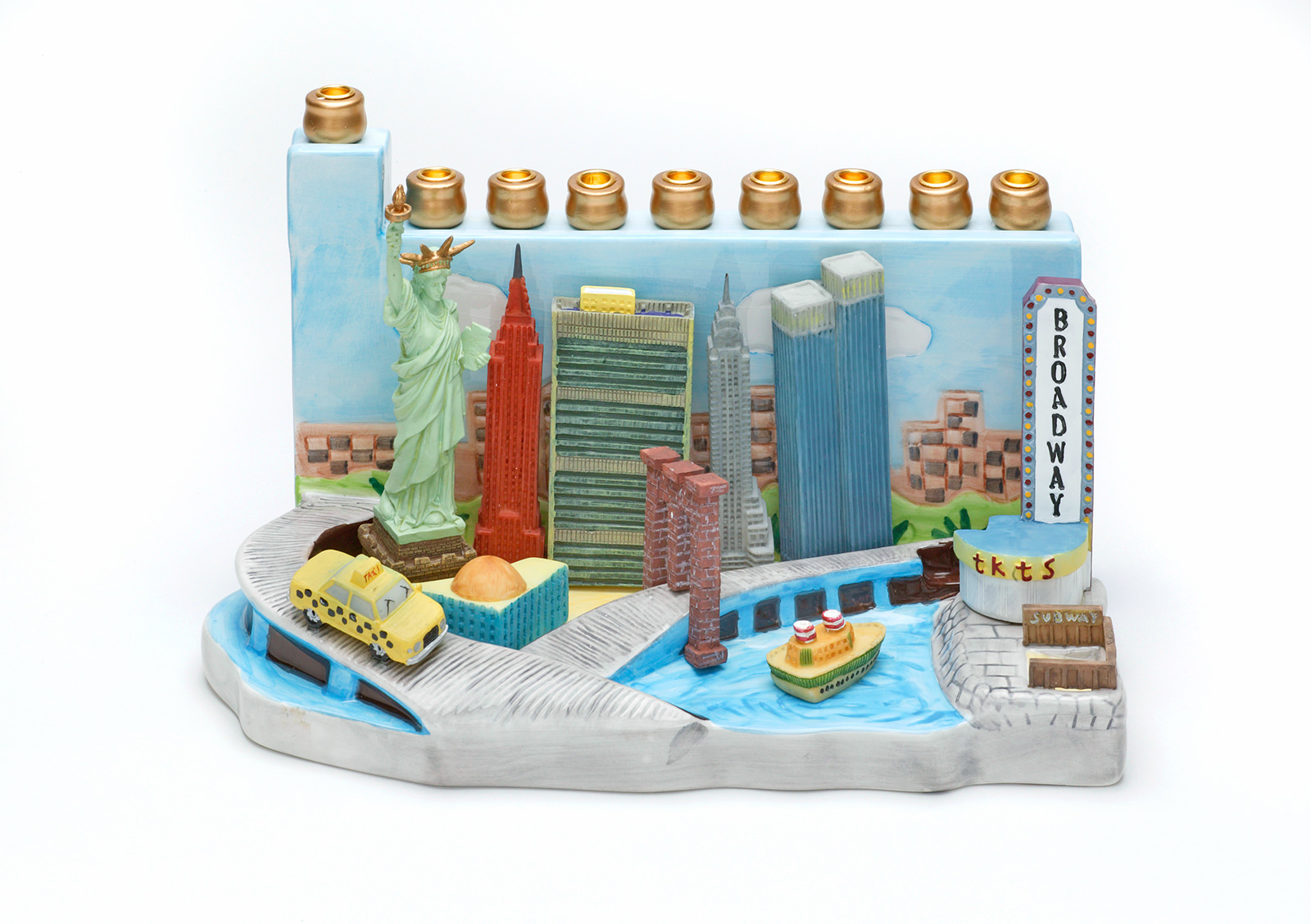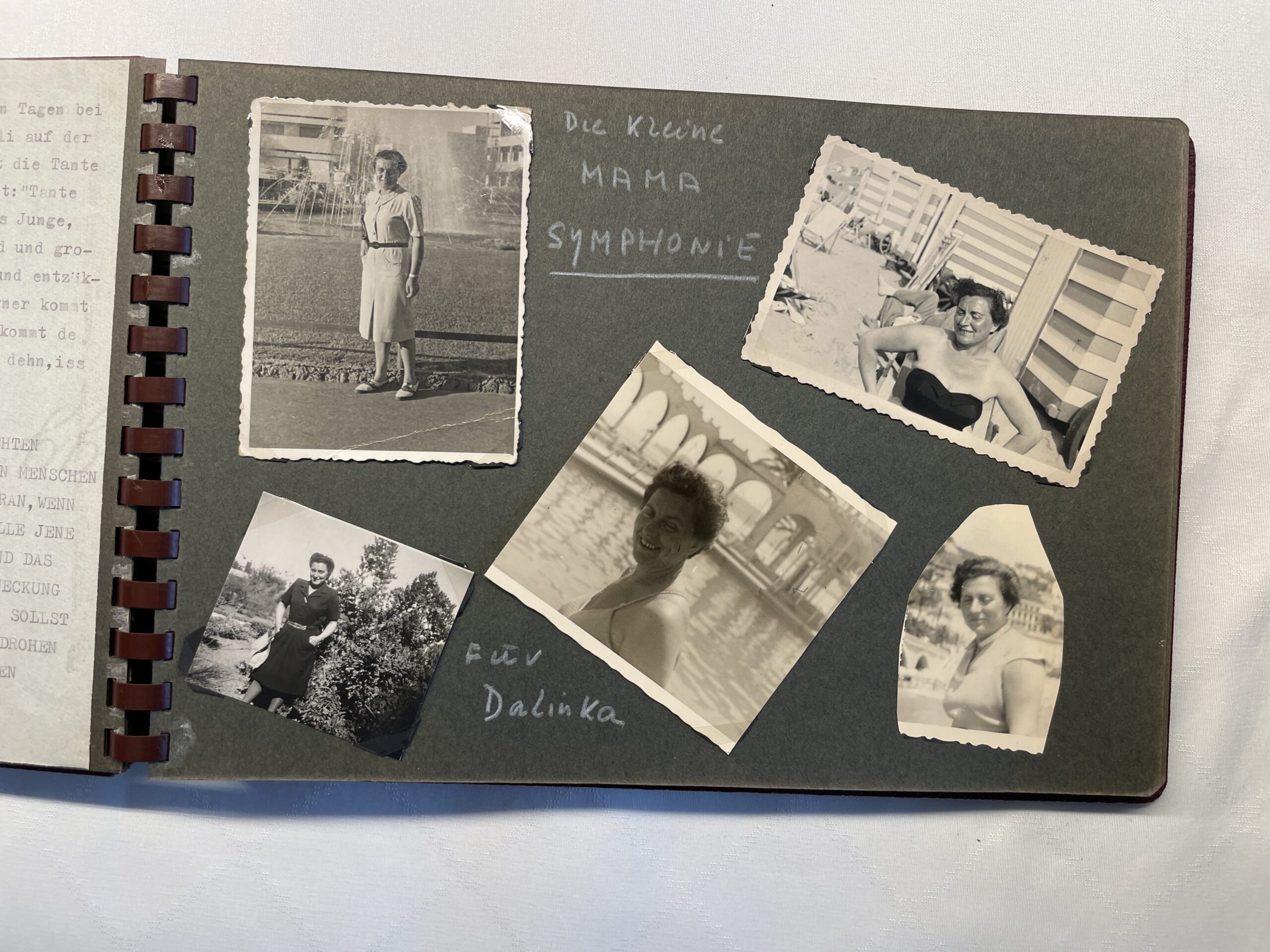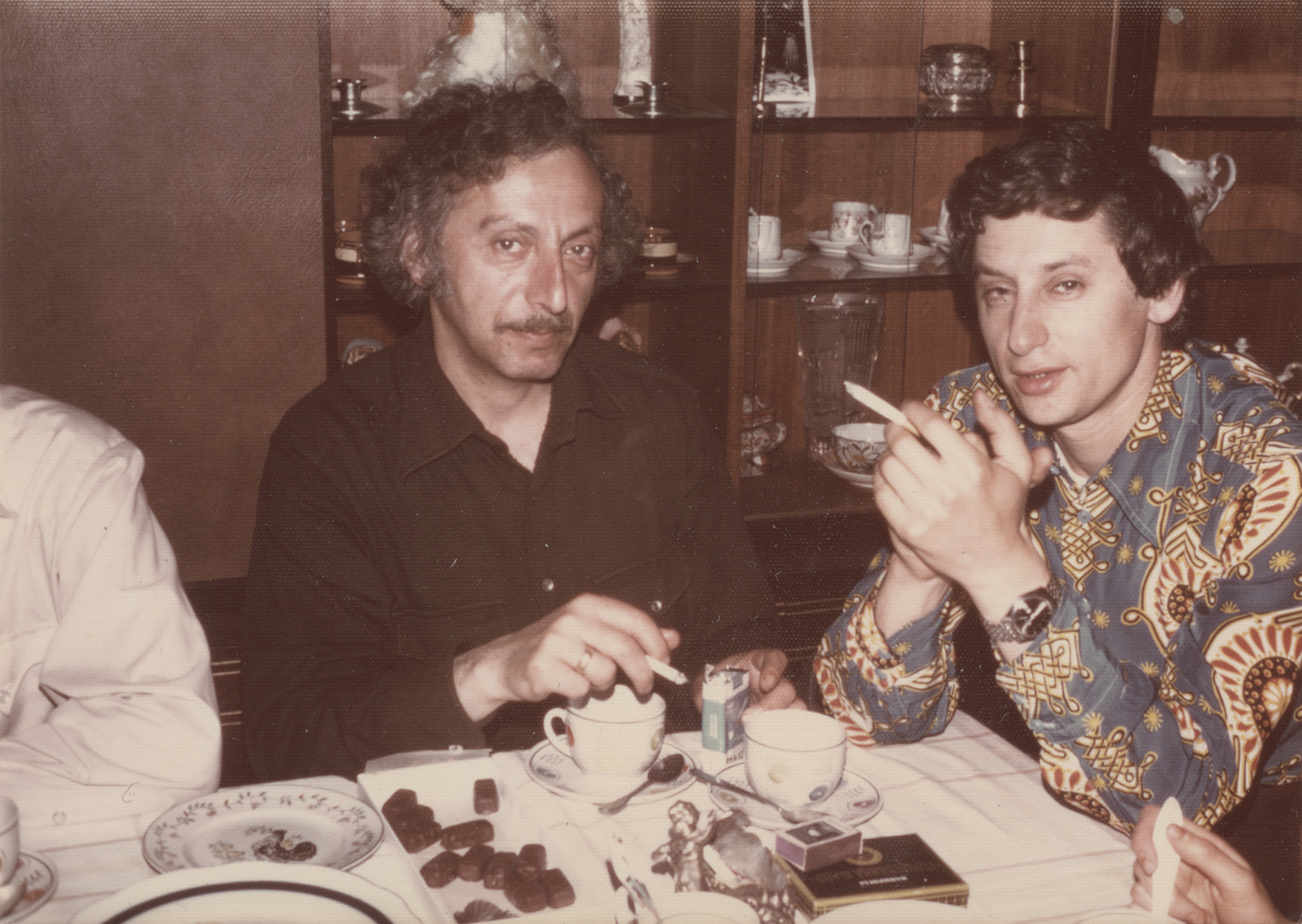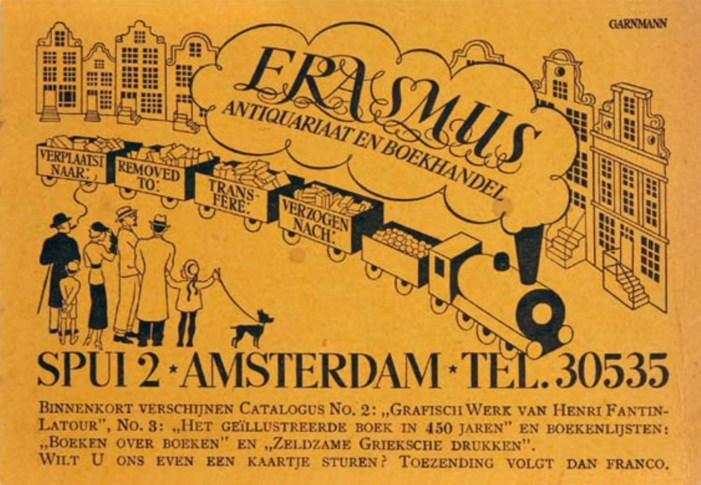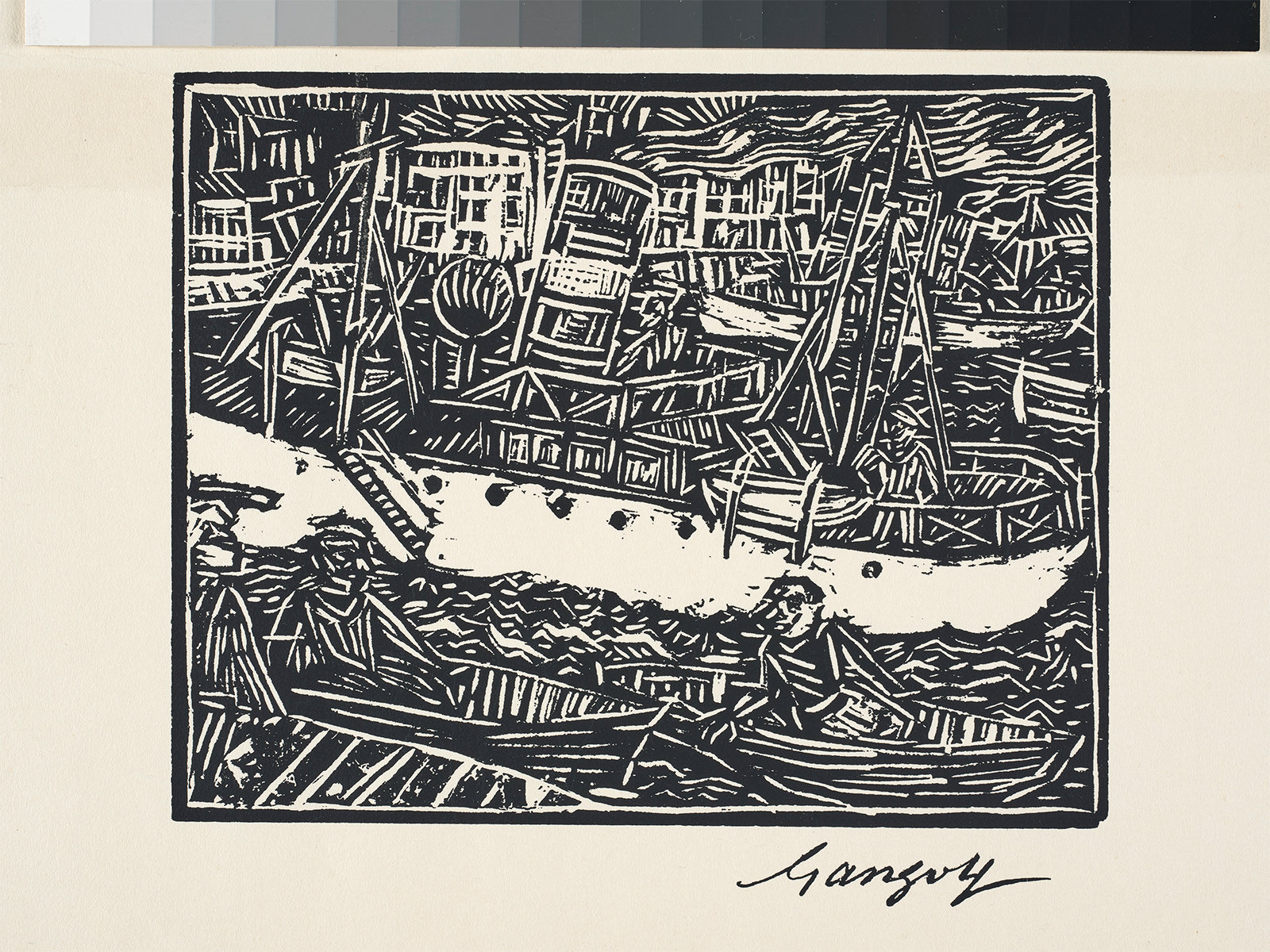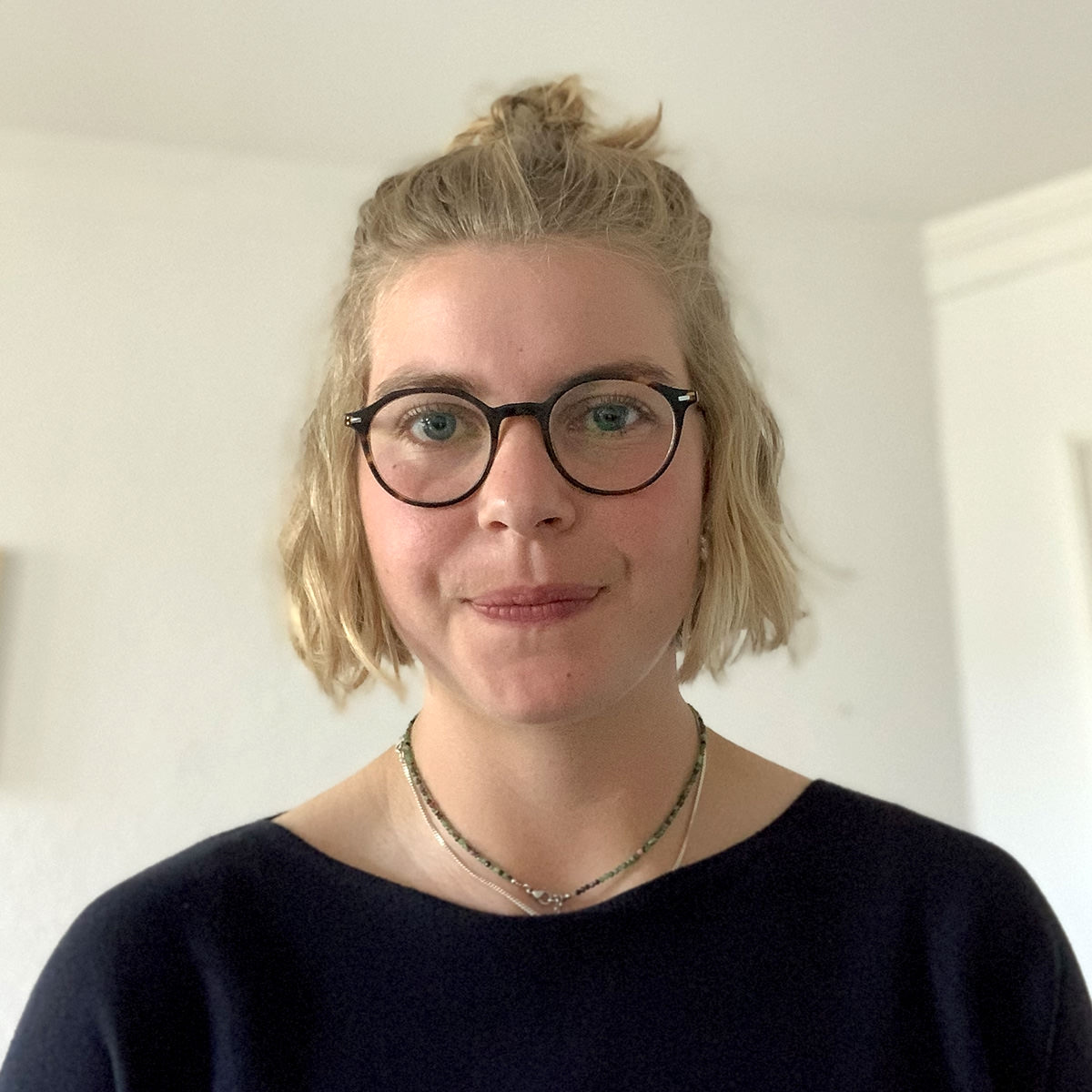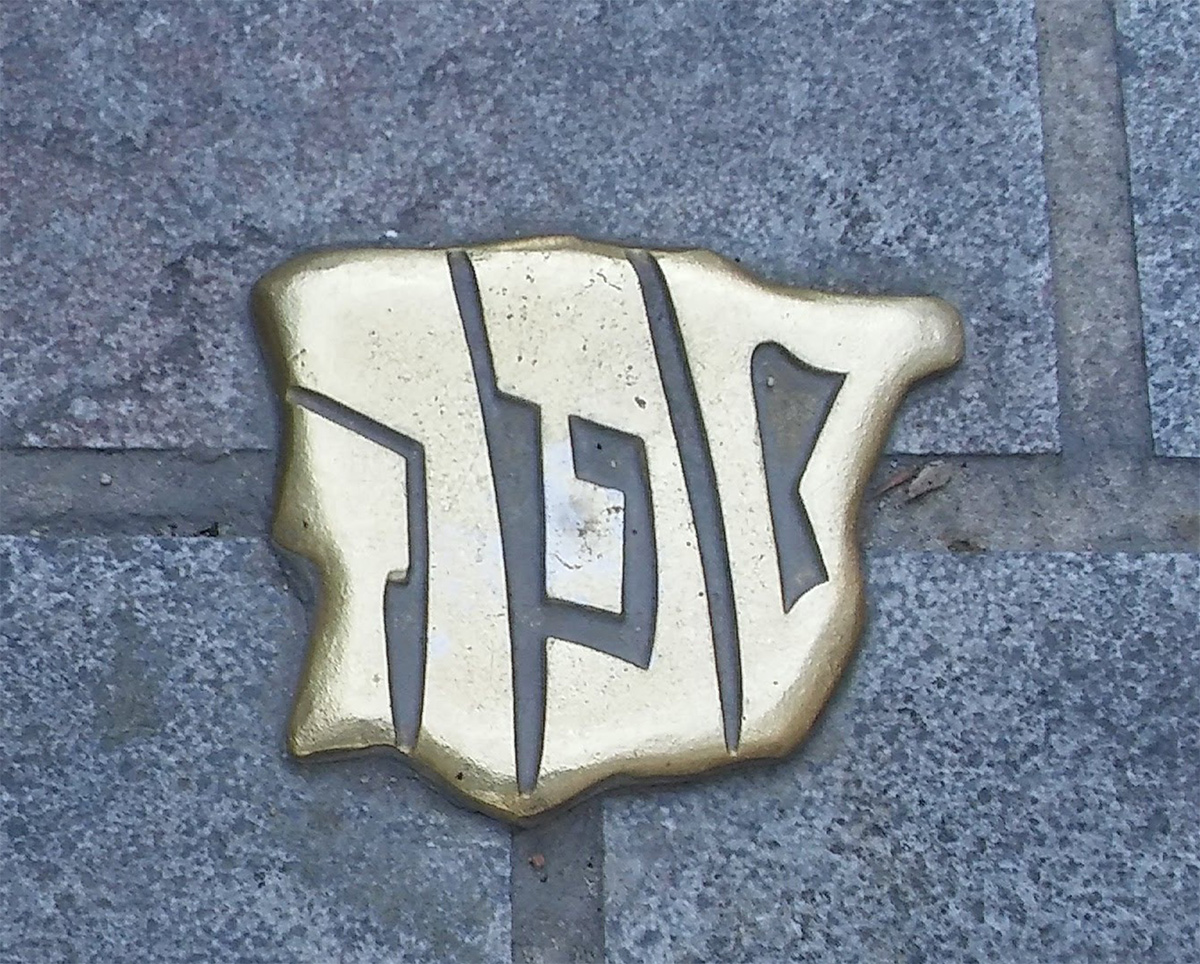
Materializing Memory and Sanctifying Place – Jewish Sephardic Heritage in Contemporary Spain
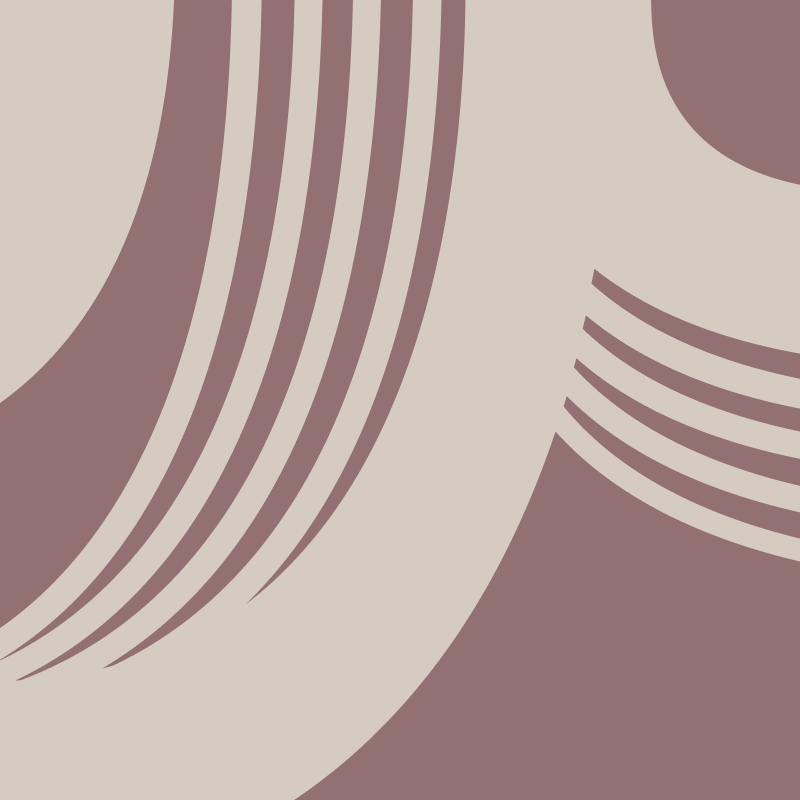
Threads of Identity – The Evolution of Israeli Fashion and the Attempt to Create a National Dress
The Written Silent, the Visible Absence, and the Text in the Written after 1945 – Materiality of Catastrophe, Exile and Belonging in Barbara Honigmann’s Writings
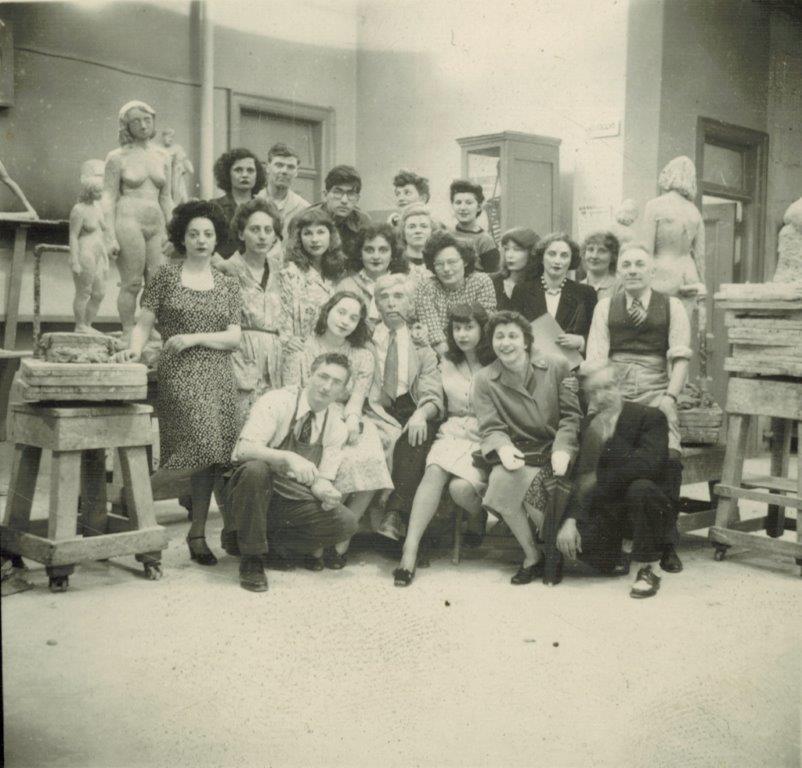
Processing Loss and Fostering Resilience – Jewish and Female Sculptural Strategies of Coping with the 20th Century
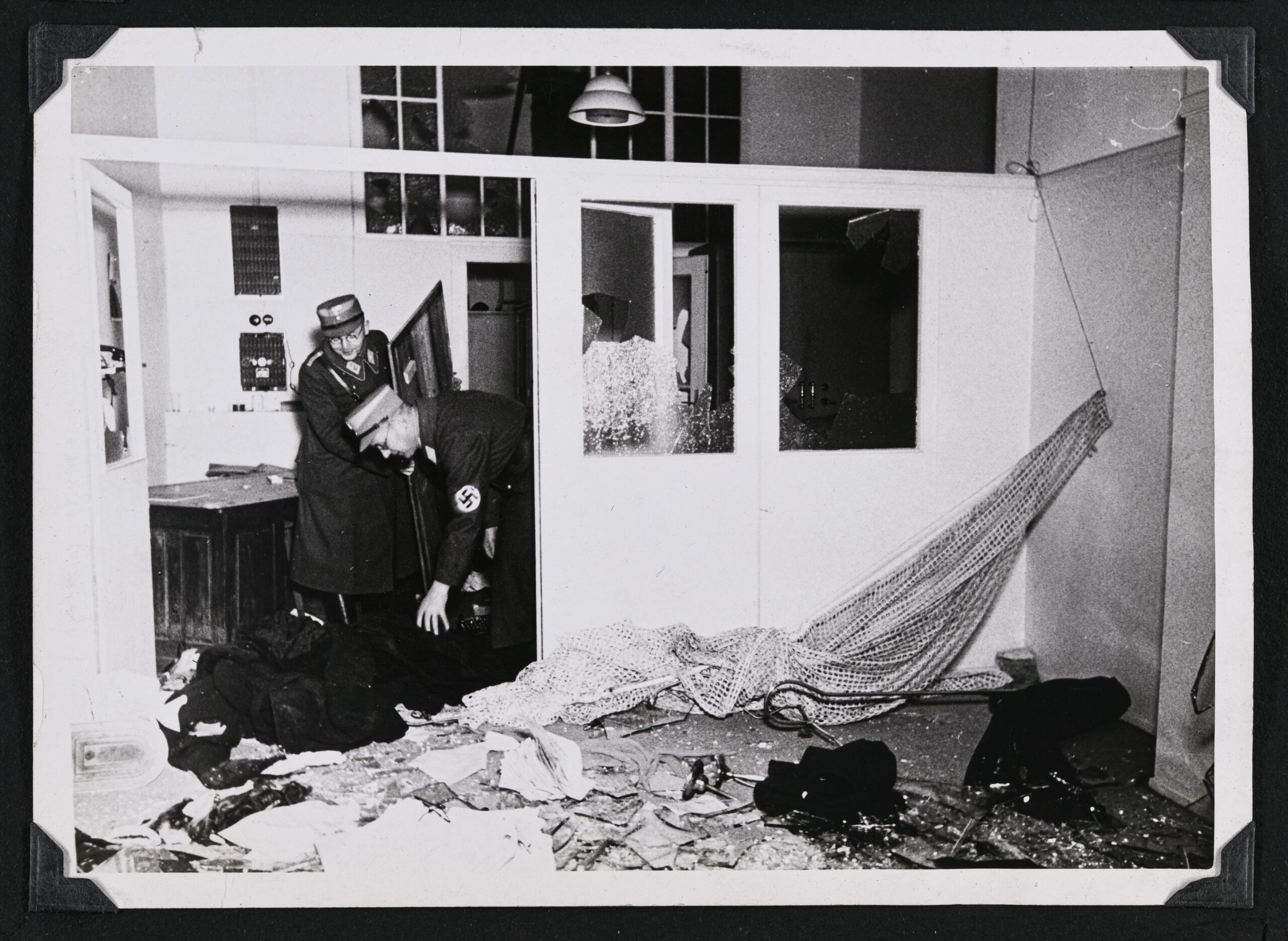
“Home was not Home anymore.” The Destruction of Private Jewish Living Spaces in the November Pogroms of 1938
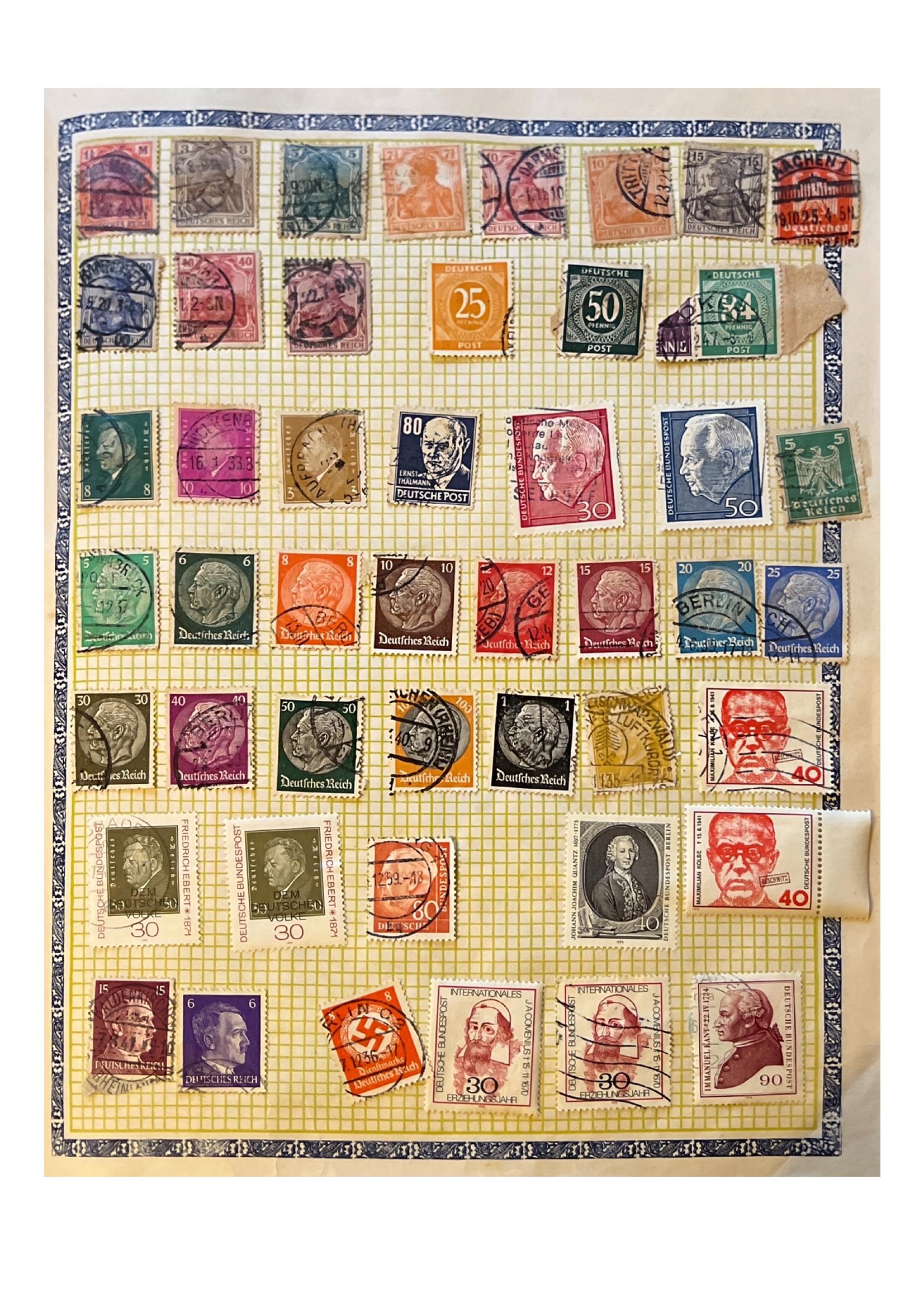
Corresponding with history – Jewish Postage Stamp Collectors and Jewish Emancipation

Nation-Building and Cultural Heritage – The Making of the Jewish National Library in Jerusalem, 1892–1948
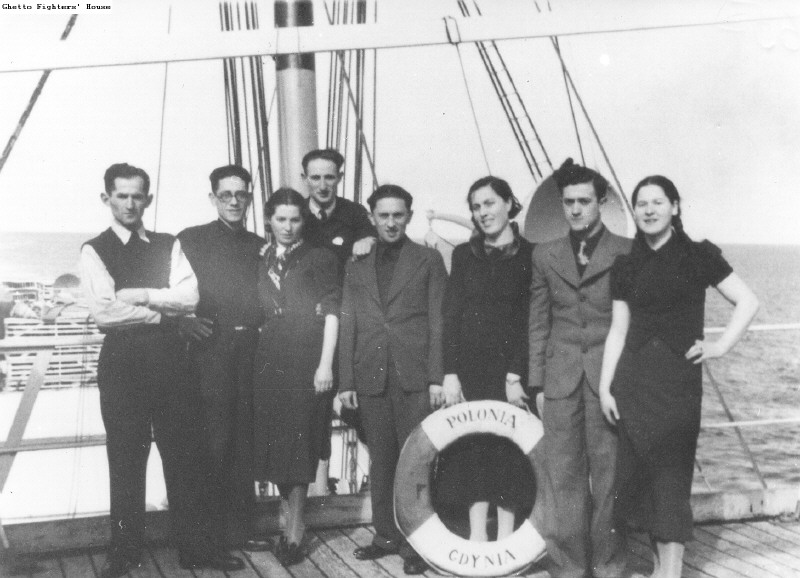
DVARIM POLANIM – Material Culture and the Changing Identity of Polish Jews in Israel across the 20th Century
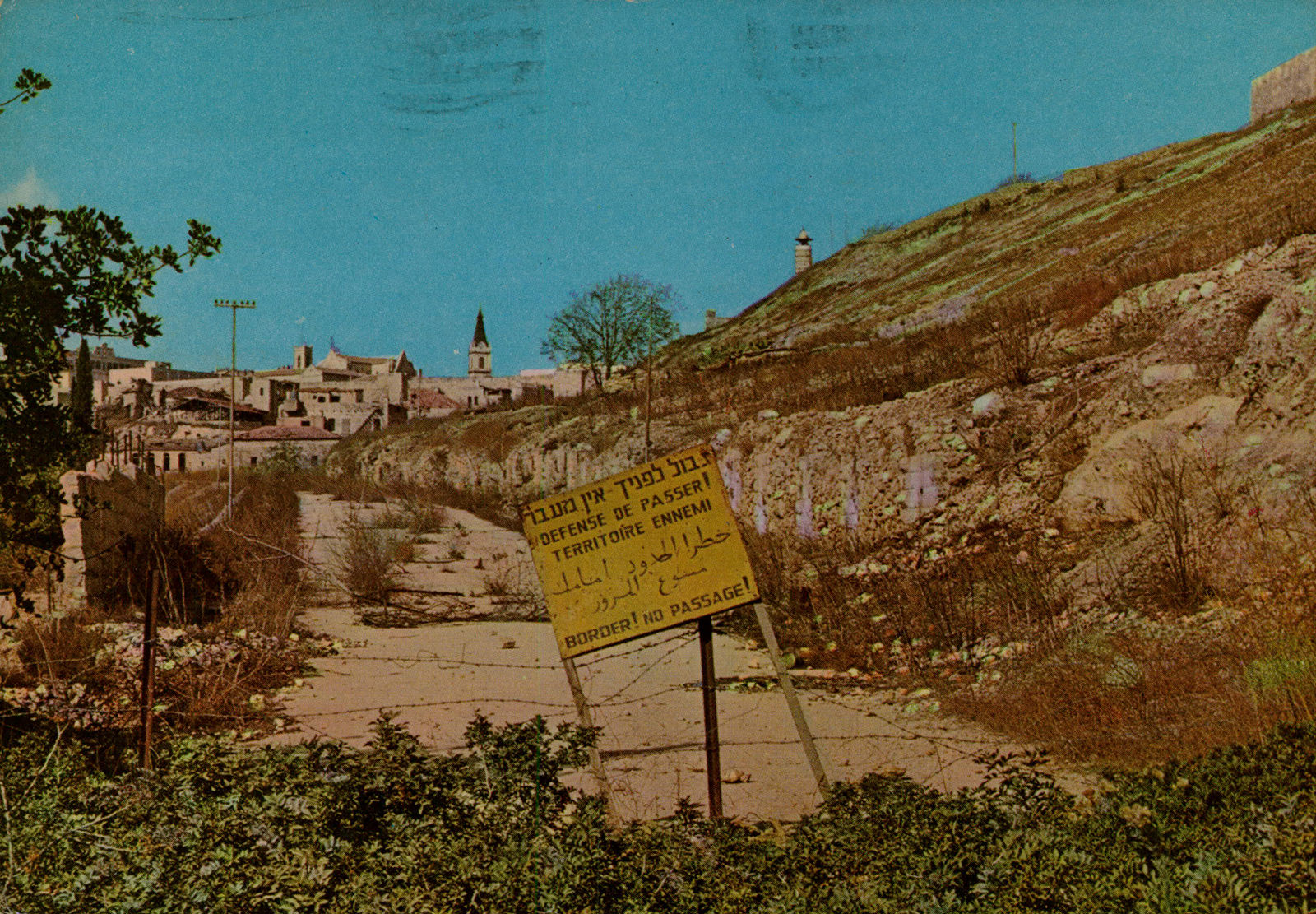
Keeping in Touch: Postcarding Borderscapes in Palestine–Israel – Material Postal Entanglements across Shifting Borders
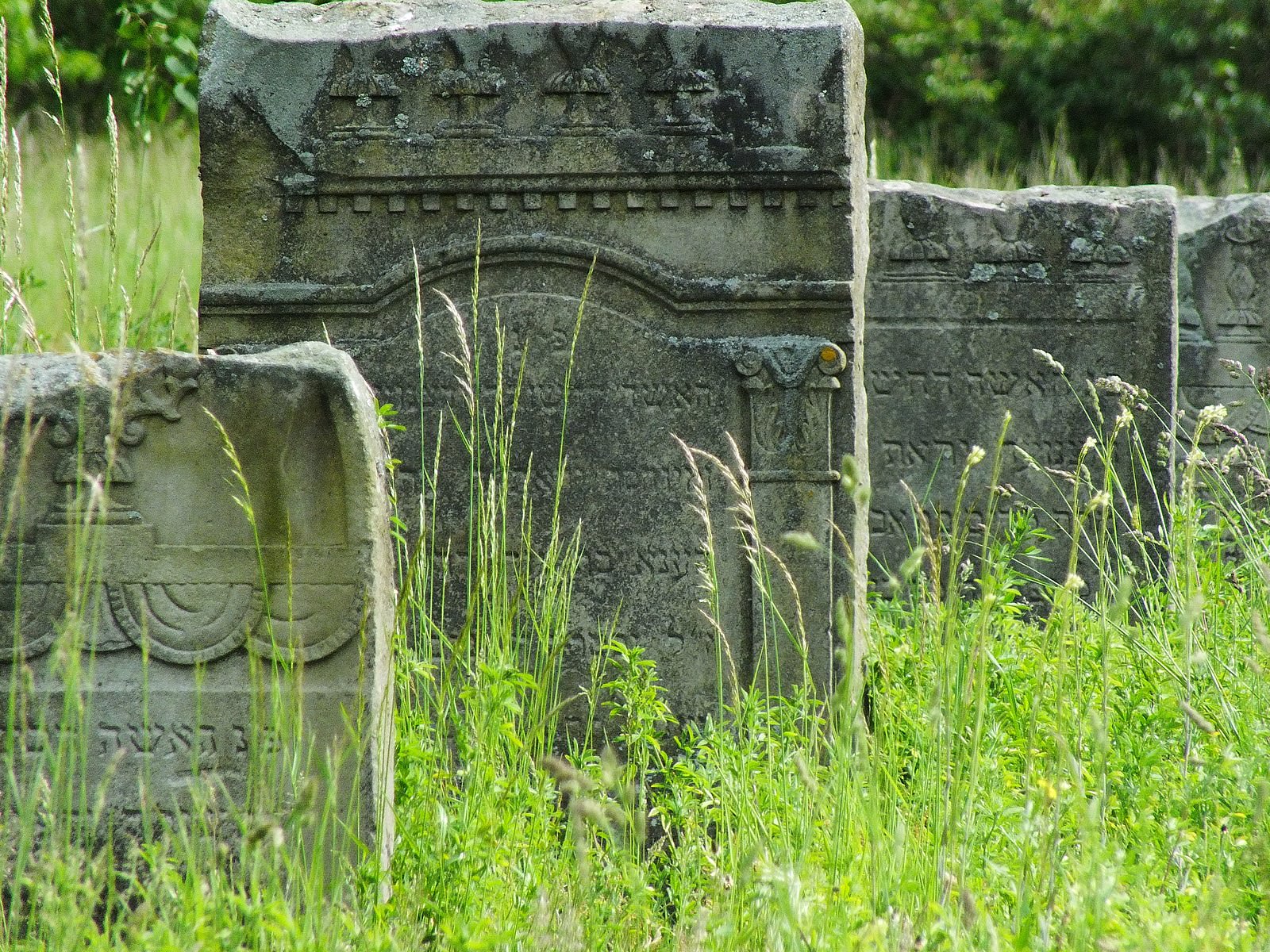
Between Ruins and Revival – Jewish Identity and Material Heritage in Post-Communist Poland
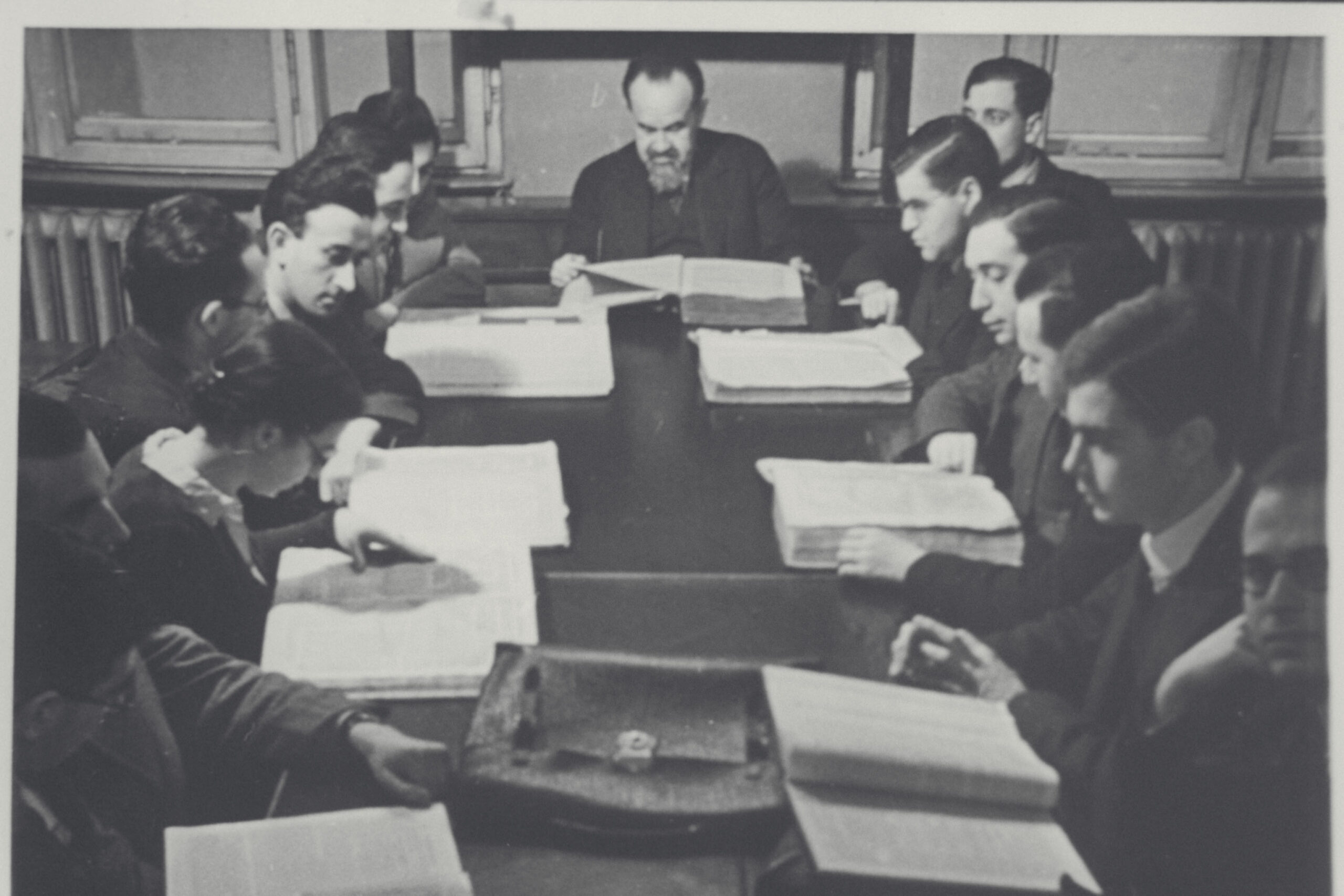
Places of Jewish Knowledge – The Wissenschaft des Judentums and its Material Sites in Berlin’s Urban Landscape, 1871–1961

Traces of belonging(s) – on the materiality of the imprisonment experience of Jewish women in the Ravensbrück women’s concentration camp
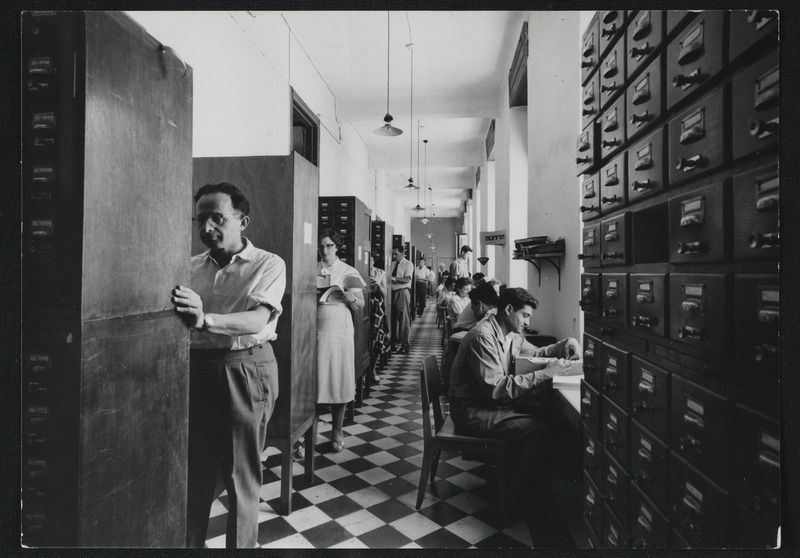
Aufbau im Übergang – Curt Wormann and the Jewish National and University Library between Nation-building and Cultural Diplomacy
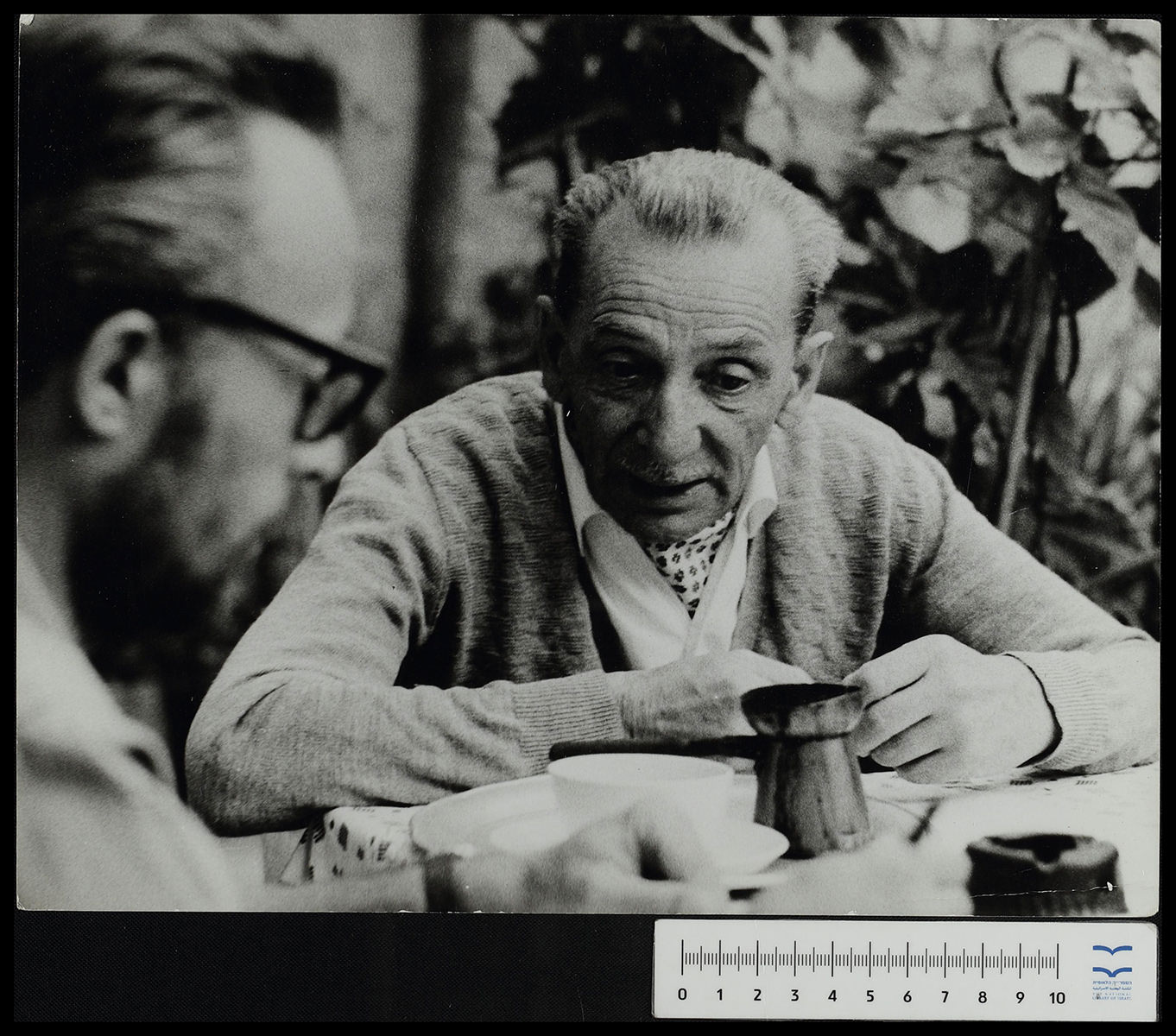
To Change, Question, and Criticize – Concepts of a ‘Werk’ and Concepts of Objects in Illustrated Magazines in Berlin and Vienna during the 1920s.
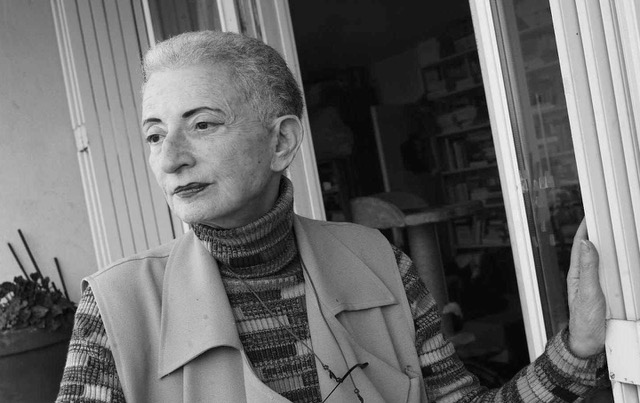
“Mes poumons comme les rouleaux de la Thora” – Towards a Poetics of the Trace: Jewishness, Exile, and Writing in the Work of Hélène Cixous
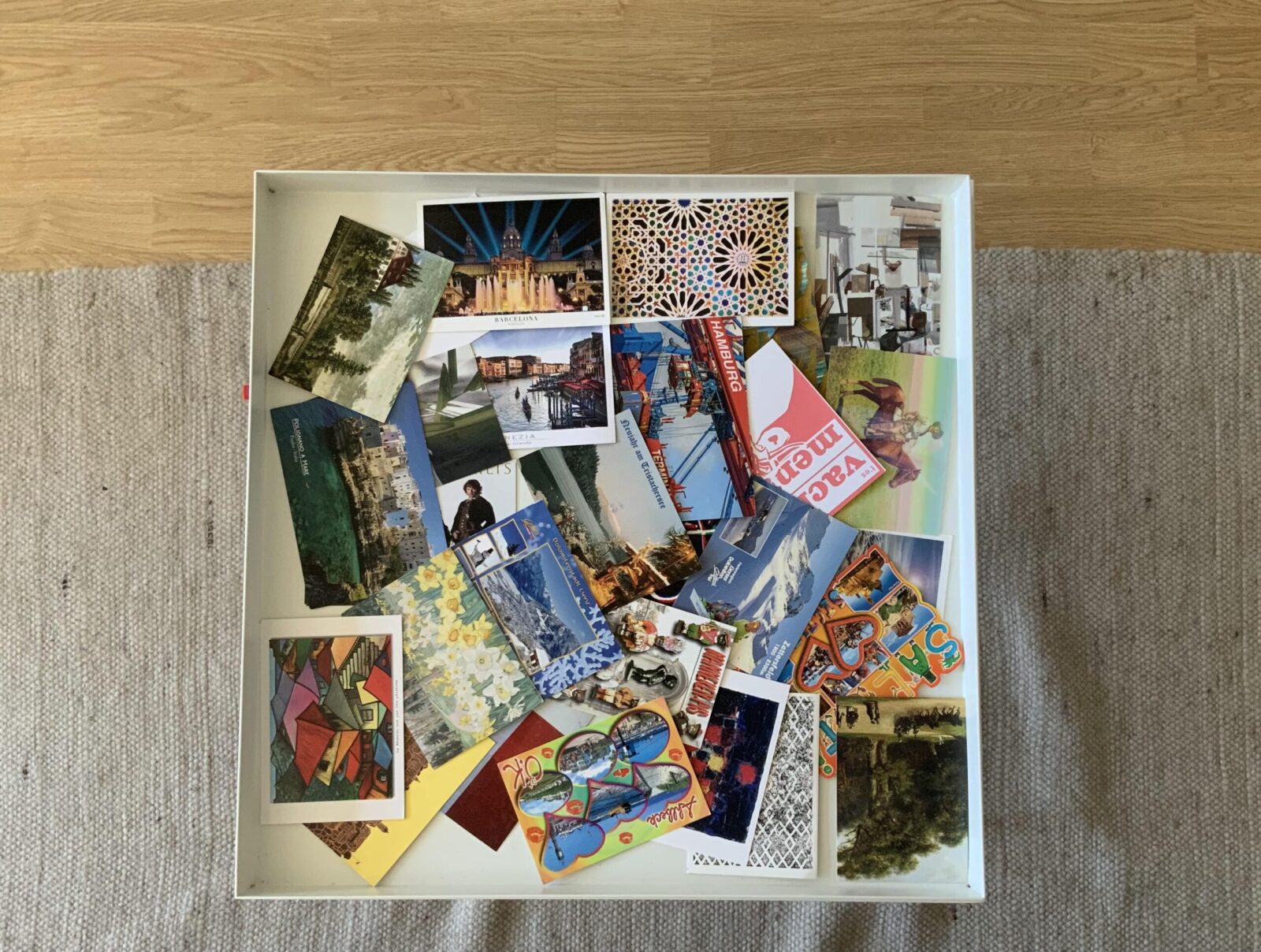
The Written Silent, the Visible Absence, and the Text in the Written after 1945 – Materiality of Catastrophe, Exile and Belonging in Barbara Honigmann’s Writings
This project examines how Barbara Honigmann’s literary work rethinks catastrophe, exile, memory, and notions of home and belonging through material representations in the context of Jewish history. The focus is on her extensive body of life writing. Born in 1949 in East Berlin, Honigmann is the daughter of Jewish Communist exiles who survived the Holocaust in England. In 1984, she left Berlin and settled in Strasbourg. In addition to being a writer, she is also a painter.
Honigmann reflects on her parents’ experiences as exiled Communists and Holocaust survivors, yet she rarely refers to the Holocaust directly. This deliberate omission underscores the difficulty of articulating the unspeakable in language. Instead of naming the catastrophe explicitly, she turns to material forms of representation: spaces such as cemeteries that act as repositories of memory and as sites of future potential, and objects—heirlooms, letters, books—that preserve individual and collective pasts.
My research examines how Honigmann engages with the (im)material legacy of the Holocaust in literary form. I investigate how she uses material culture to navigate memory, silence, and absence, and how this shapes a distinctive poetic engagement with exile, Jewish identity, and post-1945 history. The aim is to illuminate this mode of literary expression and to offer new perspectives on exile, belonging, and materiality in German-Jewish literature.
